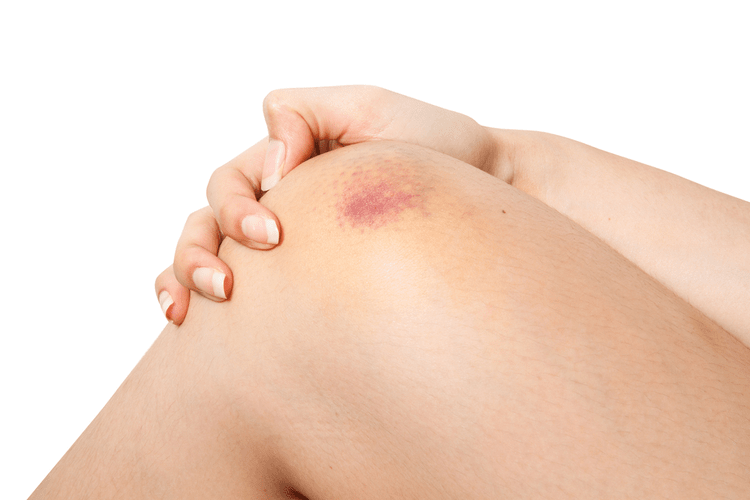Alcohol Poisoning Symptoms & Treatment
Alcohol is poisonous, the effect it has on our bodies is kind of the appeal, but drinking too much poison is going to end up in what is the sign of alcohol poisoning a trip to the hospital. However, there’s a reason why you get told ‘everything in moderation’ as too much alcohol can not only ruin your next day, but pose a serious risk to your health. The Department of Health and Human Services classifies alcohol as a carcinogen, a substance that plays a role in causing cancer. The medical community has linked alcohol with numerous types of cancer, such as cancers of the mouth, larynx, and esophagus. If you’re looking for treatment, please browse the site to reach out to treatment centers directly.
What are the first signs of alcohol poisoning?
Because of these risks, immediate medical help is critical when alcohol poisoning is suspected. After an episode of alcohol intoxication, it takes time to recover. The person will be hospitalized until their vital signs return to normal.
Doug Bopst said his ‘life changed a lot in the first 365 days’ of him giving up the green
- However, alcohol poisoning typically occurs at significantly higher BAC levels.
- Alcohol poisoning is extremely dangerous and causes parts of the brain to shut down.
- Alcohol poisoning typically happens when you consume a large amount of alcohol in a short amount of time.
Don’t wait— reach out today to take the first step toward taking control of your life. Even if someone does not have every symptom, it’s not too early to get help. The condition can progress rapidly, so seeking prompt medical attention is essential. A person with alcohol poisoning may breathe fewer than eight times per minute or have gaps of more than 10 seconds between breaths.
Signs
There are several misconceptions about alcohol poisoning that can make matters worse. Do not attempt to “sober up” the person by giving them cold showers, hot drinks, or food. Keep them warm, but never force them to drink water or coffee to sober them up, as this can worsen the situation.

One of the most alarming symptoms of alcohol poisoning is unconsciousness or the inability to be roused. Passing out after heavy drinking isn’t just a deep sleep — it might be a sign of a dangerous level of alcohol in the bloodstream. It has dangerous short-term effects, and Halfway house can even be life-threatening. Repeated alcohol overdoses can cause addiction, organ damage, and other serious health problems. Education plays a key role in prevention, especially among young adults. Understanding the risks of alcohol abuse and the signs of ethanol toxicity can empower individuals to make safer choices.
If you have acute alcohol intoxication, you’ll show some of the aforementioned symptoms. You’ll also likely have a blood alcohol level (BAL) of 0.30% to 0.40%. At Ridgeview Behavioral Hospital, we assist people in and near Central and Southern Ohio. We welcome you to our treatment programs if you are ready to make a fresh start after drug and alcohol problems such as an alcohol overdose.
What to do if someone is showing alcohol poisoning symptoms

Not breathing correctly can be disastrous since they may not get enough oxygen. Heavy drinking affects the amount of nitric oxide in the lungs, which helps to maintain normal breathing. Once a person takes less than eight breaths per minute, their breathing is slowed.
- Research has shown that alcohol interferes with the brain’s communication pathways, altering cognition and motor function.
- Our holistic approach supports your physical, mental, and spiritual health through a range of evidence-based treatment modalities.
- Note that a BAC of 0.08 percent is the legal limit of intoxication in the United States.
- How long alcohol poisoning lasts usually depends on the severity of each individual case.
Health, Safety, and Risk Management
Contact us today to learn more about how our addiction treatment programs can put you on the path toward a healthier, alcohol-free future. If you’ve experienced alcohol poisoning, or are worried about the amount you’re drinking, this might be a sign that you’ve developed an addiction. This can be a challenging and enduring struggle that needs professional support. Detoxification, commonly known as detox, refers to the physiological process of eliminating harmful substances from the body. It is the initial step in overcoming addiction and paving the way for a healthier, substance-free life. During detoxification, the body works to metabolize and eliminate the toxins accumulated from prolonged substance abuse.
Treatment for alcohol poisoning
Maintain your profile by updating your photos, video links, treatment services, and contact details to ensure optimal visibility. If the person is unconscious, place them in the recovery position (on their side with their head tilted slightly forward) to ensure their airway remains open and prevent choking. If you or someone you love struggles with alcohol misuse, reach out for help today. Contact The Recovery Village Cherry Hill at Cooper to learn more about available treatment options and take the first step toward recovery.
Tailoring the recovery process to individual needs while ensuring a supportive network is key to successful long-term recovery from alcohol poisoning. The Centers for Disease Control and Prevention (CDC) notes that excessive alcohol use is a leading cause of preventable death, contributing to over 140,000 deaths annually in the United States. For more information about alcohol’s effects on the body, the National Institute on Alcohol Abuse and Alcoholism provides comprehensive resources. If you see someone passed out and unresponsive or you suspect someone has overdosed on alcohol, it is your responsibility to get help by calling 911 immediately. You can prevent an alcohol overdose by limiting your alcohol intake.

Alcohol poisoning, as the name suggests, is caused by an extreme excess of alcohol in your body’s bloodstream. As you consume alcohol, it enters the bloodstream, which causes your blood alcohol content (BAC) to rise. Normally, your liver begins to break down alcohol to help remove it from the body, as it is a toxin. However, with continued alcohol consumption, your liver begins to fall behind, and eventually is unable to keep up.

Leave a Reply
Want to join the discussion?Feel free to contribute!